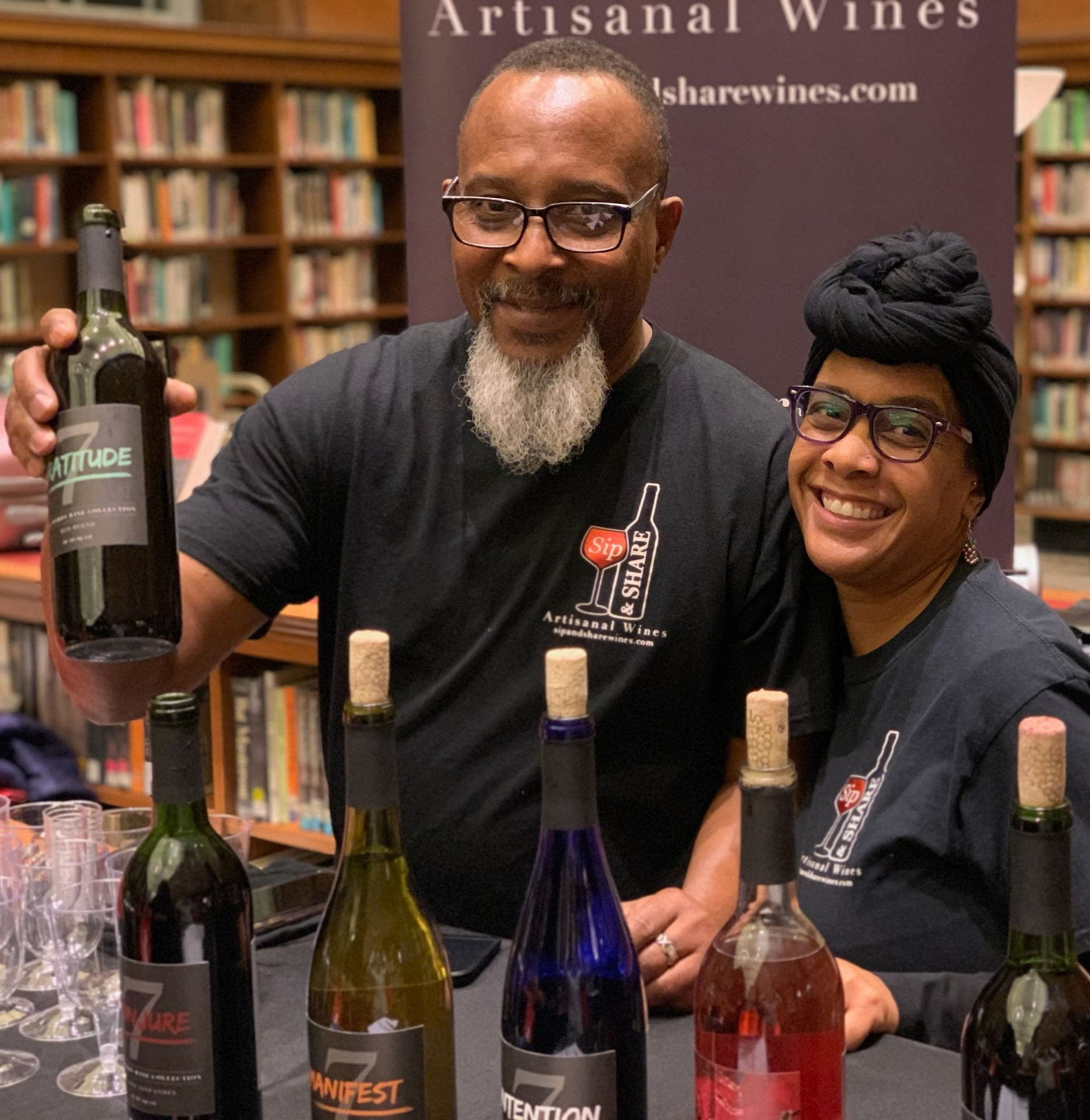BLOOMINGTON, Ind. – During the pandemic, more than 360 small businesses and public organizations in Indiana in 52 counties across Indiana – half of them owned by women – have been helped through a no-cost assistant program by the Indiana University Kelley School of Business.
Working in partnership with the Indiana Economic Development Corporation and the Indiana Small Business Development Centers, the Kelley HOPE Digital Project also provided a valuable and meaningful experience for more than 230 current and prospective students and alumni at a time when COVID-19 led to shortened or cancelled summer internships.
Since May, more than 27,000 hours have been spent on projects for 364 organizations. Students signed up for unpaid, volunteer internships. The Kelley School was able to award eligible students with scholarships, recognizing their learning and growth with the work they did for the Kelley HOPE Digital Project.
The aim of the program was to help small businesses and community organizations struggling with the economic impact of stay-at-home advisories and other restrictions to establish or increase their online presence and boost their digital capabilities. Each project was done by teams of students led by a second-year student or an alumnus of Kelley’s Kelley’s Master of Science in Information Systems (MSIS) program.
In each instance, the goal was to quickly solve a technology problem or to provide companies with new digital capability. Kelley faculty members Keith Dayton, Alan Dennis and Bipin Prabhakar provided strategic guidance and mentorship to the student and alumni leaders of the initiative.
Interest from across Indiana exceeded already high expectations
It’s worth noting how quickly faculty and students ramped up the work they were doing. Prabhakar, chair of Information Systems Graduate Programs at Kelley and a Fettig/Whirlpool Fellow, said the original plan called for 100 projects over the summer.
“We raised that to 150 and actually delivered over 200 projects by early August and then we completed another 100-plus projects in the fall,” he said. “At the outset, we had established a goal of rapidly scaling up the program and developing templates, frameworks and protocols that we could use to rapidly deploy solutions to our clients.
“It was extremely rewarding to see that the students and alumni were able to leverage what they had learned in their program to build program management and technical capabilities at the onset which enabled us to meet the ambitious goals we had set for ourselves,” he added. “By mid-summer, we were able to bring in student interns who did not have a background in technology, train them and very quickly deploy them effectively on projects.”
Daniel Van Drunen, a 2020 MSIS graduate, concentrated in Digital Enterprise Systems and Enterprise Security and Risk Management, led the student technical team which designed the solutions for clients.
“It meant understanding both the work needed to create different solutions and to maintain them — how to make sure small businesses and non-profits could be self-sufficient after project completion, not reliant on outsiders for maintaining critical IT assets,” said Van Drunen, who is from Crete, Illinois. “The other biggest side of it, in my opinion, would be drilling down to what businesses truly needed to thrive in the pandemic by analyzing the specific challenges they faced, and how technology could serve the organization as opposed to the organization serving technology.”
Among those benefiting from the program was Nicole Kearney of Indianapolis and her boutique winery, Sip & Share Wines (pictured above), which produces handcrafted vegan wines. Its previous website lacked the functionality for the company to pursue its full business potential and was otherwise outdated.
“Our new website is sleek, functional for novice and experienced wine lovers and have people complimenting it. Imagine, a website getting compliments,” Kearney said. “I have been singing the praises of the team and HOPE to everyone … Cheers to IU for creating a fantastic program for local businesses to access.”
Another beneficiary was Project Access Howard County, which works to provide residents in the Kokomo area with more access to healthcare and related services and information. Since the non-profit relies on donations and fundraisers, it was severely impacted by the lockdown and had no ability to accept donations online. Students updated its website and made it easier for visitors to provide financial support.
“This team of students exceeded expectations. They went above and beyond to ensure my team and I understood everything by showing the implementation and providing training,” said Kristi Upchurch, the organization’s executive director. “People can now register for events such as our annual diabetic walk through our website. This saves time and money in addition to more efficiency. We are very appreciative of all the excellent work they provided.”
Aiding ventures owned by women and minorities was a priority
Nearly one-fourth of projects completed with the Small Business Development Centers had a minority point-of-contact and included projects that were completed in Spanish and Korean. Students took great responsibility for their projects and appreciated being able to help other Hoosiers during the pandemic, said Dayton, a senior lecturer in the Department of Communication, Professional and Computer Skills and core coordinator of the MSIS Program.
“Each time we mentioned working through a women-owned or minority-owned business, the students ran with it – and the successful numbers show it,” Dayton said. “Yet it was more than that. As an example, it was the students who pushed including Spanish speaking material, causing one of the clients in Evansville to cry, cry because she felt someone cared.”
“We made it part of our mission to reach out to minority owned businesses in our communities, because we knew these were the businesses that would find it most difficult to access the help they needed,” added Jake McCarty, another member of the student leadership team and a 2020 MSIS graduate from Indianapolis.
For Mitali Mehra, from New Delhi, India, who graduates this week with a MSIS degree, it was even more personal. “It was an honor to help so many women-owned and minority-owned ventures. These groups have been previously widely unrepresented in business assistance programs historically,” she said. “As a woman belonging to a racial minority, it has been empowering to see that the project has identified the hurdles faced by these groups when it comes to such programs and is genuinely making outreach efforts to overcome these hurdles.”
In October, the Kelley HOPE Digital Project was honored with an award from Regional Opportunity Initiatives, an economic development organization that serves the Indiana Uplands, an 11-county area that includes Brown, Crawford, Daviess, Dubois, Greene, Lawrence, Martin, Monroe, Orange, Owen and Washington counties. “Living up to its name, Project Hope provided hope to businesses and to students when they needed it most,” ROI said as it awarded its Uplands Regional Resiliency Award.
Alan Dennis, the John T. Chambers Chair of Internet Systems and professor of information systems at Kelley and president of the international Association for Information Systems, also helped to direct the project. The student project leadership team consisted of Van Drunen, Mehra, McCarty and Hayley Madura and Riley McGrath.
Prabhakar said the program will continue in the spring and the school is actively looking for financial support to fund these scholarships. “We have developed tremendous capabilities and insights on helping small businesses digitize. Our stretch goal would be to find the financial support necessary to establish a small business digital center of excellence so that we can share what we have learned with SBDCs across the nation,” he said.
“This opportunity came to me after I was furloughed from my job for three months. Now that I am back to work on a project, I don’t look at my furlough as a negative, but as the only way I could have had the opportunity to lead Project HOPE,” said Madura, a 2020 MSIS graduate from Palos Park, Illinois. “I will always look back at my experience with HOPE as positive, and I have grown so much personally and professionally after having led the project. I could not have been as successful in this role without the support of my advisors, the leadership team and all the students, who were able to make our clients so happy.”





